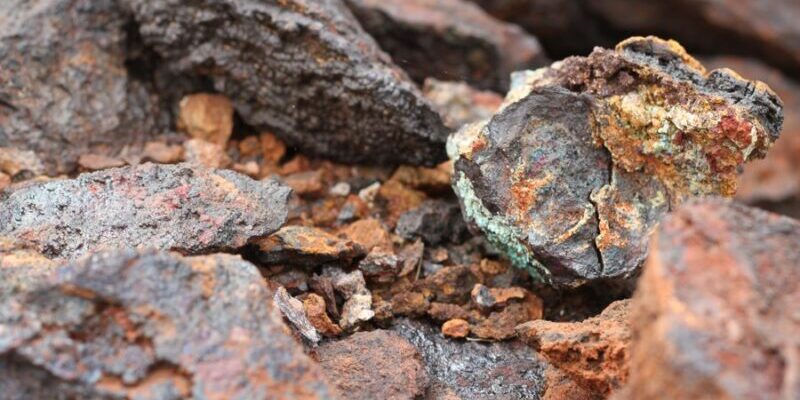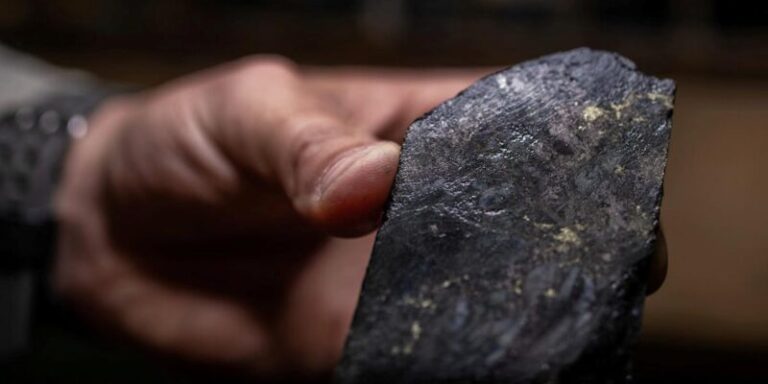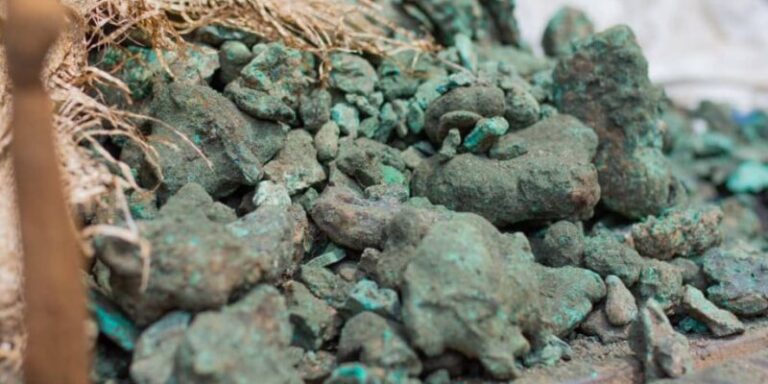
Namibia, a leading global producer of uranium and gem-quality diamonds, has announced a significant development in its minerals sector.
In a bid to capitalize on the rising global demand for metals used in clean energy technologies, the Namibian government has imposed a ban on the export of unprocessed critical minerals.
Notably, this ban encompasses unprocessed crushed lithium ore, cobalt, manganese, graphite, and rare earth minerals.
The decision comes as Namibia aims to position itself as a key player in the renewable energy storage and electric vehicle (EV) markets.
Namibia’s Strategic Move: With substantial lithium deposits and rare earth minerals like dysprosium and terbium required for batteries in electric cars and wind turbines, Namibia holds a significant advantage in the emerging clean energy sector.
The prohibition on the export of these critical minerals is intended to encourage local processing and value addition, paving the way for increased job creation and economic growth.
The decision was approved by Namibia’s cabinet and announced by the country’s information ministry.
Approval Process and Exceptions: While the ban restricts the export of unprocessed critical minerals, small quantities of these minerals may still be allowed for export.
However, such exports would require prior approval from the mines minister, ensuring a controlled and regulated approach.
This measure seeks to strike a balance between the country’s economic interests and the need to promote domestic processing capabilities.
Global Implications and Partnerships: Namibia’s move aligns with global efforts to reduce reliance on polluting fuels and transition towards renewable energy sources.
As part of this transition, Namibia signed an agreement last year with the European Union to supply rare earth minerals, reducing the bloc’s dependence on China for critical minerals.
The European Union’s plan to diversify its supply chain creates opportunities for Namibia to become a prominent supplier of these vital materials.
Key Players in Namibia’s Critical Minerals Sector: Namibia’s emerging critical minerals sector has attracted the attention of several companies.
Prospect Resources, Arcadia Minerals, and Askari Metals, listed in Australia, are among the firms involved in critical minerals projects in Namibia.
Celsius Resources and Namibia Critical Metals are actively developing cobalt and rare earth projects, respectively.
These companies, along with others, are positioned to benefit from Namibia’s ban on unprocessed critical mineral exports.
Namibia’s decision follows a similar move by Zimbabwe, another African nation with significant lithium deposits.
Zimbabwe implemented a ban on the export of lithium ore last year, allowing only concentrates to be shipped out.
Zimbabwe’s aim is to encourage lithium miners to produce battery-grade lithium locally, promoting value addition within the country.
Namibia’s ban further strengthens the strategic importance of African nations in the global supply of critical minerals.
Namibia’s ban on the export of unprocessed critical minerals marks a significant step towards establishing the country as a key player in the clean energy technology market.
By promoting local processing and value addition, Namibia aims to create job opportunities and boost economic growth while meeting the growing global demand for metals used in renewable energy storage and electric vehicles.
With partnerships and agreements in place, Namibia is poised to become a vital supplier of critical minerals, further diversifying the global supply chain and reducing dependency on specific regions.





